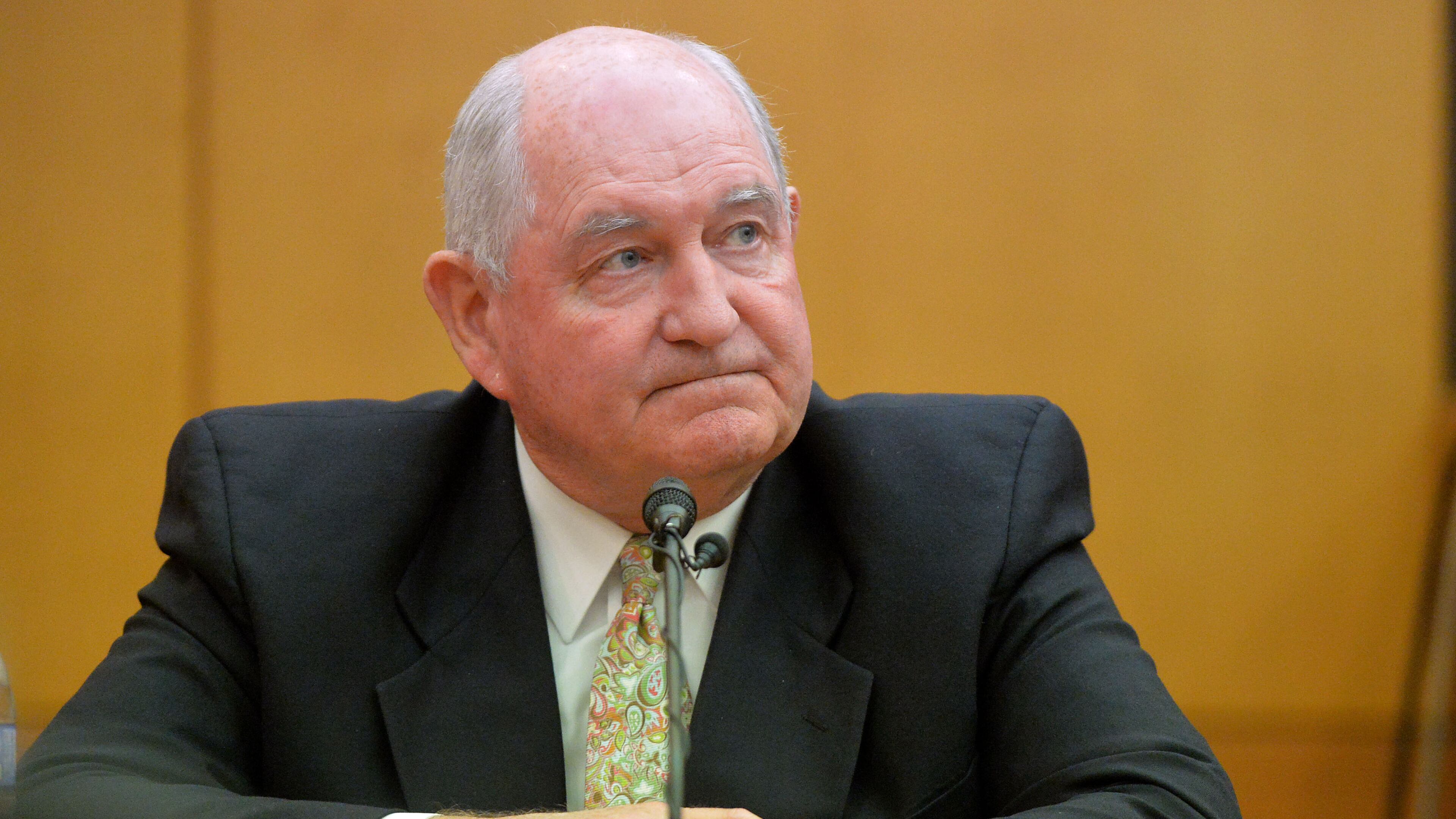Poll: people like the core of ‘Common Core’

A new national poll finds strong support for universal school standards in reading and math so long as they aren’t encumbered by the label “Common Core.”
When those two words are affixed, the 2019 Education Next poll found, support drops among the general public from 66% to 50%.
The results come as Georgia Gov. Brian Kemp is crafting a plan to “dismantle” what he calls the Common Core standards.
The state did not adopt the Common Core standards, instead creating its own learning requirements called the Georgia Standards of Excellence. Critics, however, including state School Superintendent Richard Woods, with whom Kemp is collaborating, say those standards are too similar to the Common Core.
The annual poll is by the Education Next Institute and the Program on Education Policy and Governance at the Harvard Kennedy School. It is based on a national survey administered in May to 3,046 adults.
It polled the general public, as well as teachers, parents and self-identified Democrats and Republicans who said they “lean” toward one party or the other.
It found Republicans were less likely than Democrats and the general public to support the Common Core, which is a specific set of uniform standards.
However, when the question was about those standards without the name “common core,” support grew, with Republicans as enthusiastic as Democrats and the general public.
This was not a poll specific to Georgia, and sentiments here could differ. The state's anti-Common Core force was on display at the Georgia GOP convention this summer, when more than 1,500 delegates crowded a Savannah convention hall and cheered Kemp's promise to dismantle the Common Core and reduce high-stakes testing.
The Common Core is a set of standards established nearly a decade ago under the leadership of former Republican Gov. Sonny Perdue to ensure students in different states learn the same concepts at the same time.
Perdue later testified in the Atlanta Public Schools trial when teachers were accused of changing answers on tests that measured how many of the Georgia standards their students had mastered.
The poll covered other topics, including school choice. It found that support for charter schools has continued to grow after plummeting in 2017, with Republicans and blacks more supportive than Democrats and whites.
Support fell two years ago after the NAACP called for a moratorium on new charters. Charter schools have been less politically volatile since then, and now, the poll says, about half of the general public supports them. Charter schools are public schools that receive tax dollars but operate under leadership that is not elected like regular school boards.
Other forms of school choice were more popular: larger majorities supported both vouchers and tax credits — forms of funding for private schools.
U.S. Education Secretary Betsy DeVos used the results to show there is public support for the Trump Administration's Education Freedom Scholarships proposal. "This research is just the latest indication that voices of America's parents are growing louder in demanding something other than a government-assigned, union-controlled school for their children," she said in a press statement Tuesday hours after the results were released.
Another important poll finding: two-thirds of the general public does not think all high school students should be encouraged to take college preparatory classes. A majority of blacks and Hispanics think it should be required but a quarter of whites do.
One thing just about everyone could agree on: roughly eight of 10 respondents are either not confident or only somewhat confident in school security against shooting attacks.



